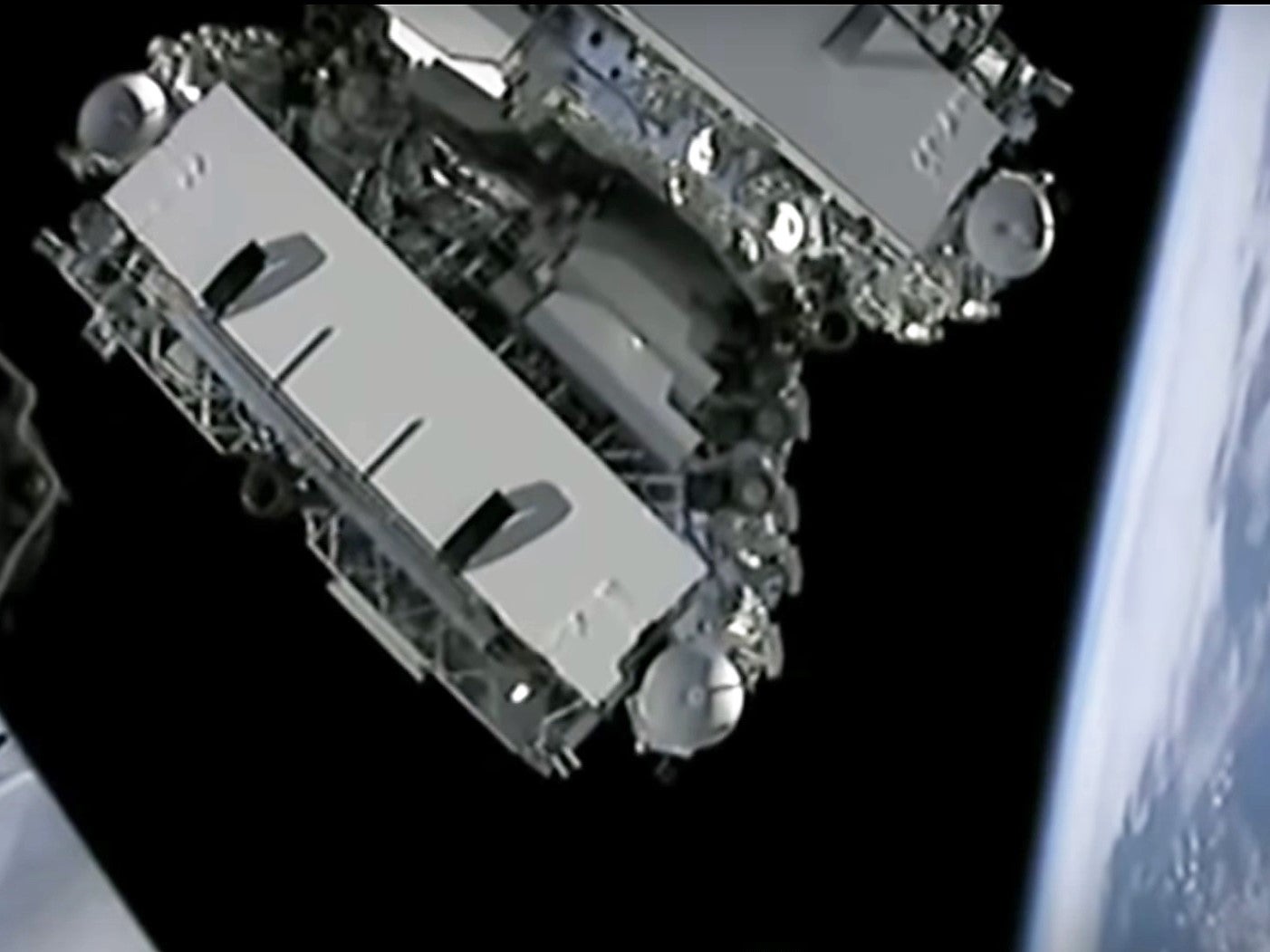Starlink opens orders for space internet service on a ‘first-come, first-served basis’
The router and Starlink terminal cost $499, while a monthly subscription costs $99

Your support helps us to tell the story
From reproductive rights to climate change to Big Tech, The Independent is on the ground when the story is developing. Whether it's investigating the financials of Elon Musk's pro-Trump PAC or producing our latest documentary, 'The A Word', which shines a light on the American women fighting for reproductive rights, we know how important it is to parse out the facts from the messaging.
At such a critical moment in US history, we need reporters on the ground. Your donation allows us to keep sending journalists to speak to both sides of the story.
The Independent is trusted by Americans across the entire political spectrum. And unlike many other quality news outlets, we choose not to lock Americans out of our reporting and analysis with paywalls. We believe quality journalism should be available to everyone, paid for by those who can afford it.
Your support makes all the difference.SpaceX has begun accepting pre-orders for its Starlink internet service.
The website asks US customers to enter their email and address, as well as a $99 dollar deposit. Orders will apparently be fulfilled on a “first-come, first-served basis”.
Starlink is internet provided by a network of satellites that SpaceX has shot into space. The aim of CEO Elon Musk is to create a constellation of up to 40,000 satellites in order to beam high-speed internet down to Earth.
The router and Starlink terminal cost $499, while a monthly subscription costs $99. There is no word yet on pricing for the UK and other areas.
According to Ars Technica, shipping of the Starlink routers will be completed in "mid to late 2021" for buyers in Arizona, California, Illinois, Massachusetts, North Carolina, Texas, Virginia, and Washington state. CNBC reports that other pre orders will not be fulfilled until 2022.
Starlink’s website goes on to say that preorders are “fully refundable,” but the fine print states that “placing a deposit does not guarantee service.”
The internet service apparently has “over 10,000 users in the United States and abroad” since the public beta began three months ago.
SpaceX said customers could expect speeds of between 50 and 150 Mbps, though some users have reported download speeds of up to 174 Mbps.
“SpaceX needs to pass through a deep chasm of negative cash flow over the next year or so to make Starlink financially viable. Every new satellite constellation in history has gone bankrupt. We hope to be the first that does not,” Mr Musk said on Twitter.
The CEO has said on Twitter this week that SpaceX will do a Starlink IPO "once we can predict cash flow reasonably well."
Analysis of data from satellite tracker Celestrak reveals that the 946 Starlinks currently in orbit make up 27.3 per cent of all active satellites in orbit, as of 1 February 2021.
At the current launch rate, this proportion could reach half at some point next year, with physicist and ex astronomer Alastair Isaacs noting that SpaceX now accounts for more than a fifth of all rocket launches worldwide.
However, Amazon has asked the FCC to limit SpaceX’s satellites to a minimum altitude of 580 kilometres until it could “fully evaluates the detailed record on the significant interference concerns”.
Amazon corporate counsel Mariah Dodson Shuman reportedly wrote in a letter to the FCC that “SpaceX has indicated that it is capable of operating its system without exceeding 580 km and has not demonstrated why such a condition should not be effective immediately”.
Mr Musk said that Amazon is “hamstring[ing] SpaceX to favour its own satellite system ‘Project Kupiter’, which Mr Musk claims is “at best several years away from operation.”


Join our commenting forum
Join thought-provoking conversations, follow other Independent readers and see their replies
Comments